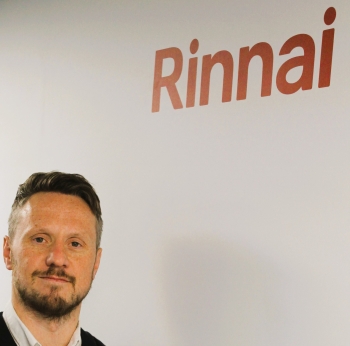The study outlines both the current government plan and the opposition strategy. Does either approach guarantee successful outcomes that result in NetZero?
The newly published paper "Decarbonising the Grid: Three Scenarios for Achieving Net Zero Power" outlines three alternative approaches to provide the more than 60 million people living in the UK with affordable, clean energy. Aurora Energy Research, an independent provider of energy market analytics, was hired to examine each route. The reviewers have offered their assessment of the proposals' viability.
The three scenarios are:
- Net Zero 2030 plans under the opposition
- Net Zero 2035 guided by the current government.
- “Business-As-Usual” model, which follows the current trajectory of policy development and market conditions.
The "Business-as-Usual" concept will not be discussed in this article because it would also be covered by ongoing government initiatives. These routes centre on achieving Net Zero status by 2030 and 2035, as well as the steps that need to be performed to make this goal a reality.
Policy Exchange is a research institute that highlights the ideas and attitudes connected with each political party in an effort to influence both domestic and foreign policy. Policy Exchange commissioned the report. Supporters and donations provide the funding.
The demand for NetZero and a sustainable energy future is what drives societal ambitions, thus our industry needs to pay attention to the nuances here. Policy is determined by politicians, and industry plays a crucial role in providing a healthy future for heating, hot water supply, and clean air.
This report's major claim is that, under the current Government plan, the British energy grid is better positioned to decarbonise in 2035 than it is under the opposition's 2030 timeline. Nonetheless, there are some goals, like increasing the capacity of renewable energy, that both sides can agree with in theory.
Enhancing the production and delivery of solar, wind, and hydrogen—both offshore and onshore—will be a shared goal for all sides. Carbon Capture Underground Storage, or CCUS, will receive more money, while the production and use of nuclear energy will also increase.
There are clear differences in strategy based on the different timelines each party believes may yield real and achievable results. By 2030, the opposition wants to decarbonise the grid, while the incumbent administratio
"Aurora's modelling shows that NZ 2030 is deemed an infeasible scenario, justified by an insufficient amount of time available to conduct what would be a radical overhaul of the power system, policy, planning systems, and investment landscape," the report describes the 2030 approach. Investment in grid capacity as well as the pace at which vital technologies such as offshore wind, onshore wind, and solar must be built must to expand to multiple times their previous installation speeds.
To accomplish their goal of decarbonisation, the current political opposition will need to invest enormous sums of resources. According to Aurora's calculations, a total of £116 billion will be needed—£15.6 billion until 2030 (or £93.5 billion) and an additional £4.4 billion ($22.5 billion) year between 2031 and 2035.
"Reaching the Government's current target of a Net Zero power system by 2035, though more feasible than a NZ 2030 scenario, will still however require an extensive systems level change and significant policy intervention," the Aurora reviews state regarding the 2035 approach's undeniable viability.
The opposition party and the current administration share the goal of decarbonising the energy system, but they cannot yet agree on a suitable course that will ensure positive social and economic outcomes. The current government intends to push back the 2030 deadline to 2035 and take in an additional £104 billion in subsidies, but the opposition believes decarbonising the UK electricity grid by 2030 can be accomplished with investments of £116 billion. The two main concerns of both tactics are money and time.
Rinnai actively participates in reporting and consulting on proposed changes to mainstream UK political parties' energy-related policies. Rinnai seeks to provide UK consumers with a fair analysis of all issues pertaining to UK energy options, prices, and accessibility.
To stay up to date with policy news and views subscribe to our newsletter https://www.rinnai-uk.co.uk/contact-us/newsletter-sign
